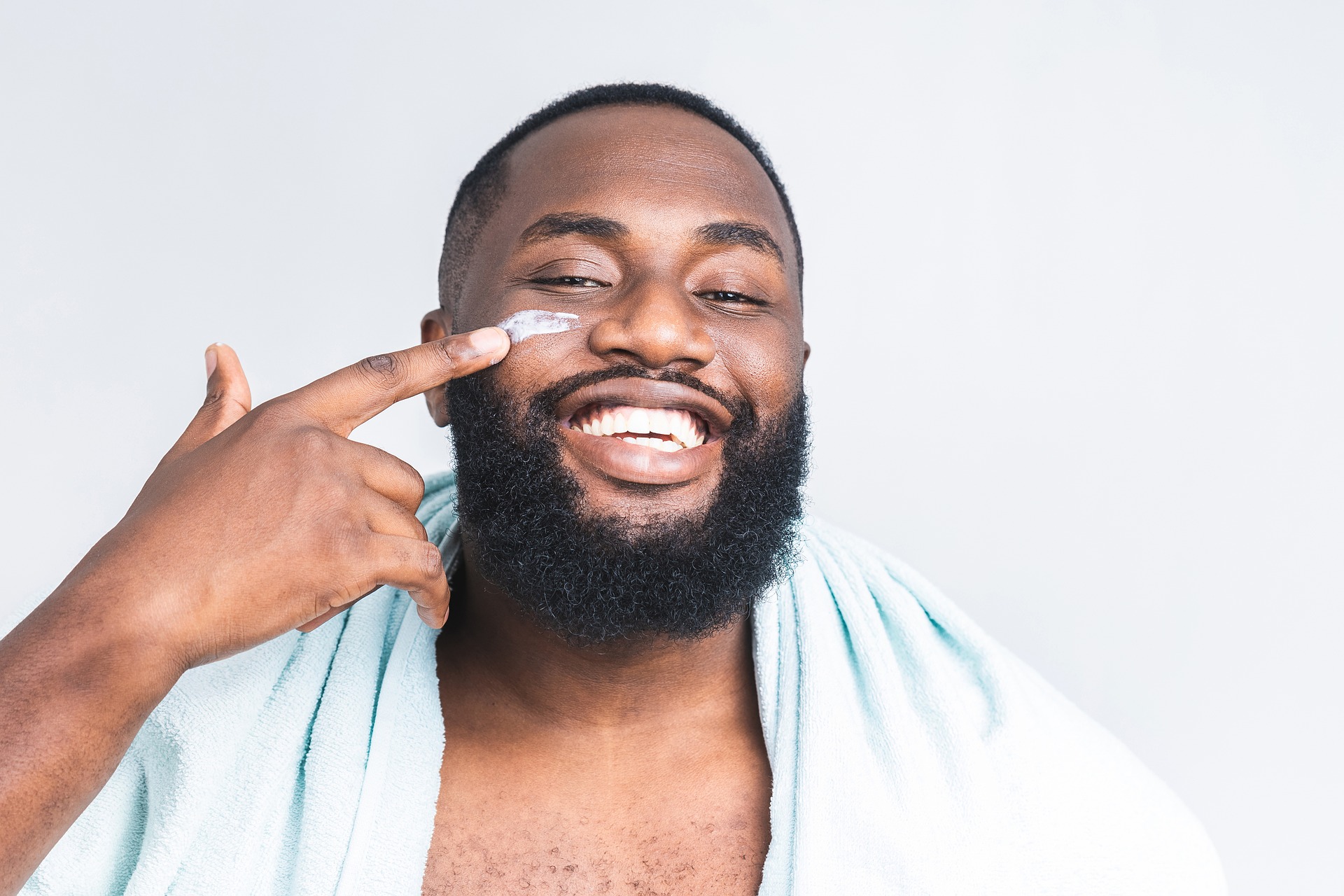Self Care: Practical Routines for Wellness and Grooming
Self-care is a set of everyday choices and small routines that support physical, mental, and emotional balance. It includes activities that help you recover energy, manage stress, and maintain personal needs such as sleep, nutrition, and hygiene. This article outlines practical steps to build consistent habits and how personal grooming and beauty choices can fit into an overall wellness plan. This article is for informational purposes only and should not be considered medical advice. Please consult a qualified healthcare professional for personalized guidance and treatment.
Self-care: practical habits for daily life
Self-care often starts with simple, repeatable habits: a consistent sleep schedule, hydration, movement, and short breaks during the day. Mental self-care can include journaling, limiting screen time, or brief mindfulness exercises to reduce overwhelm. Structuring small wins—like prepping one healthy meal or taking a 10-minute walk—makes self-care sustainable. These actions are less about perfection and more about regular maintenance: noticing when energy is low and responding with supportive practices that fit your routine and values.
Wellness: balancing rest, movement, and nutrition
Wellness is a broad term that ties physical activity, rest, and nutrition together. Regular moderate movement supports mood and sleep quality, while adequate rest allows for recovery. Nutrition that focuses on whole foods, balanced macronutrients, and regular meal timing can stabilize energy. Wellness also involves social and mental dimensions—connection, purposeful activity, and stress management. Evaluate which area needs attention first and start with one small, measurable change. Over time, incremental improvements across these domains create a stronger foundation for everyday functioning.
Personal grooming: routines that support confidence
Personal grooming goes beyond appearance; it can reinforce self-respect and boost confidence. Simple grooming rituals—regular dental care, skincare suited to your skin type, hair maintenance, and appropriate nail care—help you feel prepared and present. Establish a streamlined routine that fits your lifestyle: quick morning steps and a more thorough weekly regimen. Choose products with clear ingredient lists if you have sensitivities, and adjust routines seasonally. Personal grooming can be an act of self-respect and an easy way to include calming, intentional moments in your day.
Beauty treatment: choosing services for skin and hair
Beauty treatment choices—from facials to haircuts—can complement daily self-care by addressing specific concerns like dry skin or damaged hair. When selecting a treatment, consider the credentials of providers, reviews, and whether the service aligns with your skin or hair needs. Communicate allergies or sensitivities before treatments and request patch tests for new products when possible. Balance maintenance services with budgets and time: occasional professional treatments can help with targeted issues, while at-home care maintains everyday results and supports longer-term skin and hair health.
Bikini wax: what to expect and aftercare
A bikini wax is a common beauty treatment that removes hair from the bikini area and requires specific aftercare to reduce irritation. Before an appointment, cleanse the area and avoid heavy exfoliation. During the service, professionals typically follow sanitary procedures; you should feel free to ask about cleanliness and technique. Aftercare includes avoiding hot baths and tight clothing for 24–48 hours, applying soothing, fragrance-free moisturizers if needed, and gentle exfoliation after a few days to prevent ingrown hairs. If you experience prolonged redness, swelling, or signs of infection, consult a healthcare professional.
Conclusion
Self-care is a flexible, ongoing practice that brings together wellness habits, personal grooming, and occasional beauty treatments to support overall well-being. Prioritize consistent, manageable actions that address sleep, movement, nutrition, and emotional needs, then layer in grooming and treatments that help you feel comfortable and confident. Small, intentional choices—rather than dramatic overhauls—tend to produce lasting benefit. If particular health or skin concerns arise, seek guidance from qualified professionals to tailor care safely and effectively.





